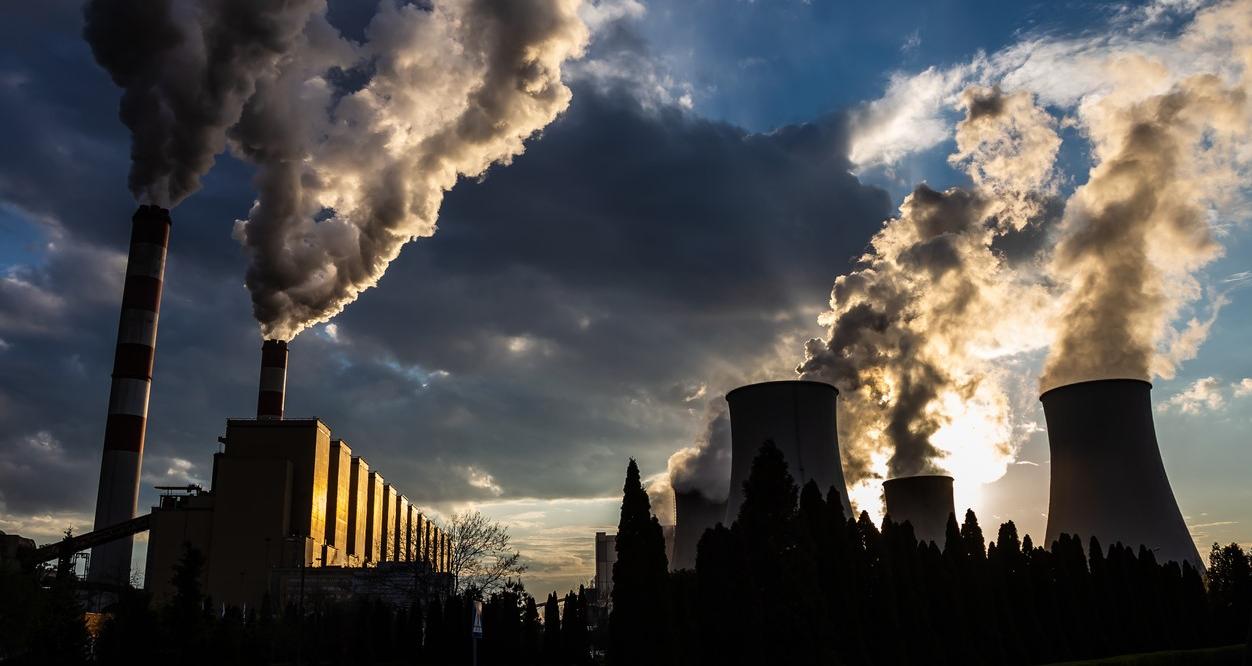Air pollution exposure is associated with a higher risk of experiencing severe outcomes from COVID-19 infections, including intensive care unit (ICU) admissions and death, according to new evidence in Nature Communications from the Barcelona Institute for Global Health (ISGlobal).
While the negative effects of long-term exposure to ambient air pollution on chronic respiratory diseases has long been supported by scientific research, there is less evidence surrounding air pollution exposure and outcomes from reparatory infections.
The study is based on outcomes seen among 4,660,502 adults resident in Catalonia, Spain, in 2020. Researchers matched participants' residential addresses with markers for air pollution, including the mean annual levels of fine particulate matter, nitrogen dioxide, black carbon, and ozone.
Among residents with severe COVID-19, researchers collected data on hospital and ICU admissions, length of hospital stay, and COVID-19–related deaths. The authors found that particulate matter, nitrous oxide, and black carbon exposures were linked to severe outcomes.
Nitrogen dioxide exposure raises risk of hospitalization
In 2020, Catalonia saw 340,608 COVID-19 cases, among which there were 47,174 COVID-19–related hospitalizations (14%), 4,699 ICU admissions (1.4%), and 10,001 COVID-19-related deaths (3.0%).The median hospital stay was 7 days.
Overall, higher annual average exposure to particle matter and nitrogen dioxide was associated with a greater risk (hazard) of COVID-19–related events. An increase in exposure to particle matter of 3.2 µg/m3 was associated with a 25% increase in hospital admissions (hazard ratio [HR], 1.25, 95% confidence interval [CI], 1.22 to 1.29). Exposure was also associated with an increased risk of ICU admission (HR 1.16; 95% CI, 1.09 to1.24), and death (HR 1.13; 95% CI, 1.07 to 1.19).
Our findings add further compelling evidence on the importance of reducing levels of air pollution to improve the health of the population in general and, in particular, to reduce the incidence of severe acute respiratory infections.
An increase in exposure to nitrogen dioxide of 16.1 µg/m3 was associated with a 42% increase in ICU admissions, with significant increased risk for death and hospitalizations.
The authors said their findings were similar to findings seen among COVID-19 cases in Ontario and Los Angeles.
"Our findings add further compelling evidence on the importance of reducing levels of air pollution to improve the health of the population in general and, in particular, to reduce the incidence of severe acute respiratory infections," concludes Otavio Ranzani, ISGlobal researcher and first author of the study in an ISGlobal press release.
Pollution could prime lungs for infection
Several hypothesis could explain the connection between air pollution exposure and severe COVID-19. Air pollution has been linked to chronic health conditions that worsen COVID-19 outcomes, including high blood pressure.
A more explicit connection could be that exposure to air pollution primes the lungs for COVID-19 infection, by increasing the expression of the receptors the SARS-CoV-2 virus binds to. Air pollution has also been linked to the lowering of immune defenses, including a decrease in the type 2 interferon response to SARS-CoV-2 and the antibody response.
The authors explain that they evaluated the effect of air pollution on COVID-19 outcomes during the first year of the pandemic, before the availability of vaccines and before COVID-19 variants altered the pandemic. Further research is needed to define the relationship between pollution exposure and COVID severity in both vaccinated and unvaccinated people.



















